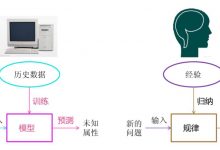又一篇CVPR2020的histo image的文章,cancer subtype classification
Contribution
- cancer subtype classification 面临三个问题:
- tumour and non-tumour regions are mixed, patch label is unavailable
- staining conditions vary greatly
- when the magnification of image changes, different features would be observed
- 作者结合以下framework,对于解决上述三个问题,目的是为了mimic real pratice:
- multi-instance learning
- domain adversarial normalisation (学习了domain adversarial training)
- multi-scale learning
Methods
-
multi-instance learning
人n的WSI分成B_n个Bag,bag b分成I_b个instance,instance i 叫x_i。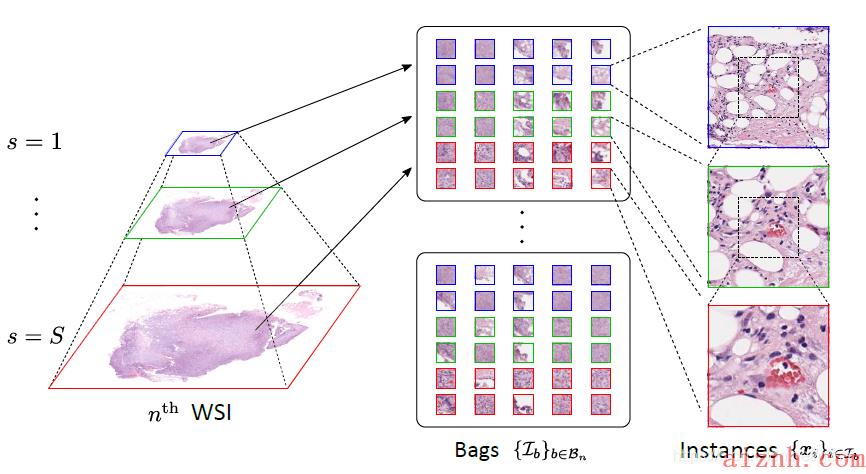
使用WSI-level的label作为supervision,将每个bag的1/0的probability平均起来成为一个人的预测结果: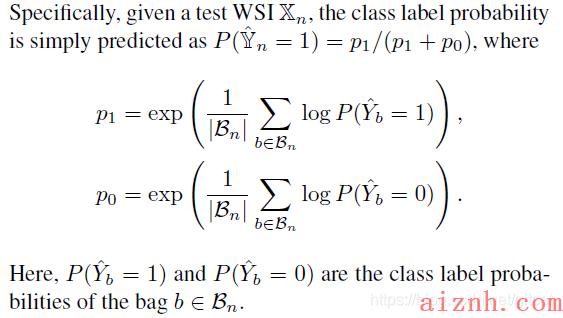
-
domain adversarial normalisation
看了看paper: Domain-Adversarial Training of Neural Networks,真神奇。通过gradient reversal layer to reverse the gradient by multiplying it by a negative scalar
during the backpropagation. In this way, the loss of the domain classifier is maximised.通过削弱model判断domain的能力,让model以为所有sample都来自一个domain。这样操作,model在不同domain之间判断不出区别,所以更好的利用domain-invariant features (对于判断domain无用的特征)来实现任务,更好的实现domain adaptation。

在这篇文章中,作者将每个人作为一个domain,the staining condition of each person’s slide can be ignored.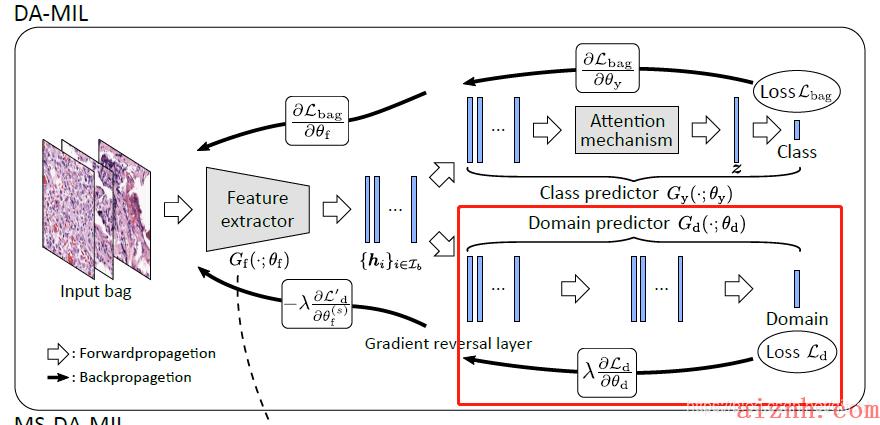
-
multi-scale learning
训练分为2 stages:先train single-scale DA-MIL,然后再把每个scale训练好的feature extractor放到一起做multiscale。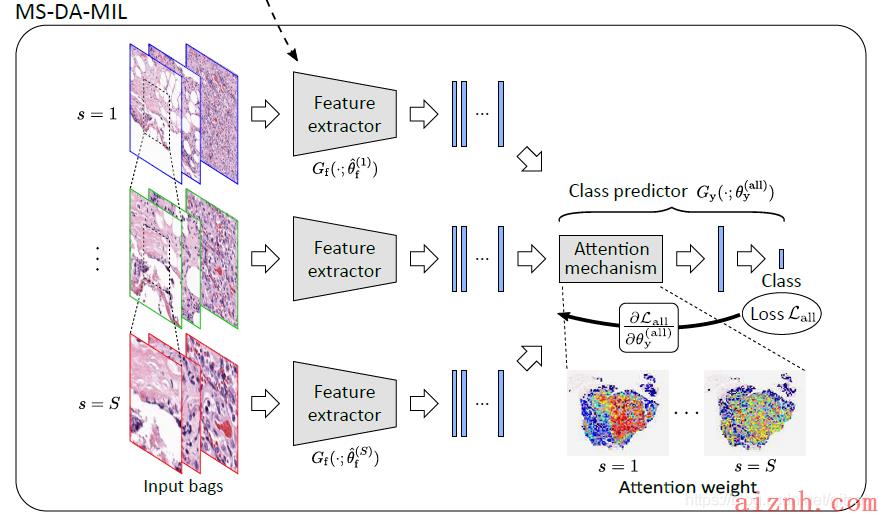
Results

 爱站程序员基地
爱站程序员基地





![[翻译] Backpressure explained — the resisted flow of data through software-爱站程序员基地](https://aiznh.com/wp-content/uploads/2021/05/11-220x150.jpeg)
